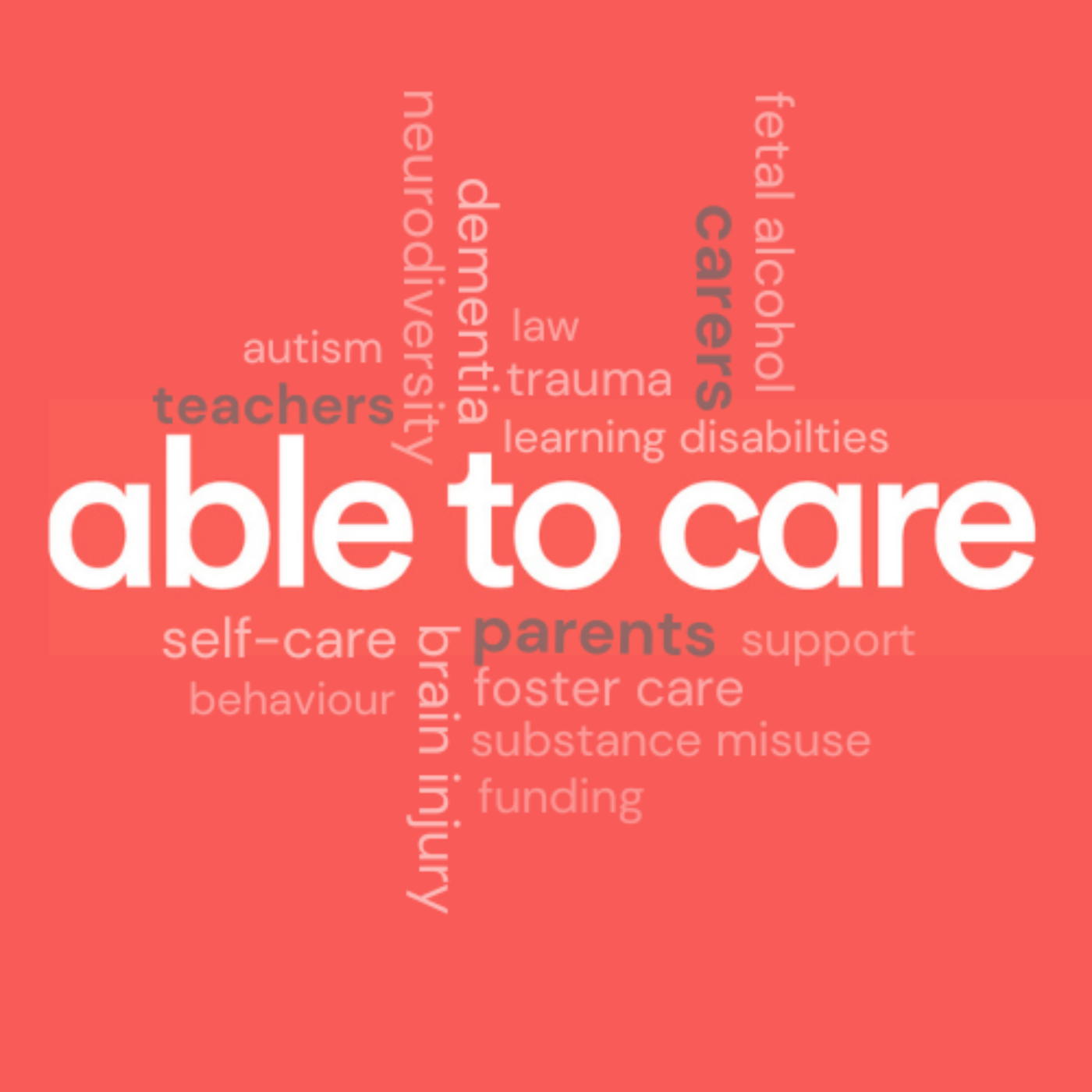Able to Care
How to Manage Stressful Situations Without Losing Control: Top Tips for Caregivers and Parents

loading...
April 03, 2025 6:00pm
21m
In this episode of the Able to Care Podcast, host Andy Baker explores why we sometimes react in unhelpful ways when confronted with challenging behavior. From snapping and withdrawing to going into full lecture mode, Andy breaks down the five most common default reactions and shares practical strategies to shift our responses for better outcomes.
Learn how self-awareness and small shifts in mindset can help caregivers, educators, and parents respond more positively when stress levels rise. Whether at home, at work, or in care settings, this episode will empower you to recognize your patterns and make more thoughtful choices in the heat of the moment.
💡 Sponsor Message:This episode is proudly sponsored by Carers Card UK – the UK’s number one carers card offering discounts, support, and community connections for those who dedicate their lives to caring for others. Whether you are a paid or unpaid caregiver, Carers Card UK provides valuable benefits such as:
-
Discounts on gym memberships, days out, electrical goods, clothing, and more.
-
Access to a wellbeing hub, Carers Circle tool, and a supportive community through their app.
-
An ID card that you can carry with pride.
Let others know you care while taking a little care of yourself. Visit Carers Card UK to learn more and order your card today!
📝 Key Topics Covered in This Episode:⚡ Recognizing Your Default Reactions:
-
Understanding why our default reactions often lead us astray.
-
How stress and emotional overload trigger automatic responses.
🚩 The Five Default Responses to Challenging Behavior:
-
Withdrawal: Shutting down emotionally or physically and avoiding confrontation.
-
Boundary Overdrive: Enforcing rigid rules without considering context or empathy.
-
Consequence Overdrive: Issuing ultimatums or excessive punishments that may not be reasonable.
-
Giving Up on Structure: Letting go of all rules and allowing chaos just to maintain peace.
-
Lecture Mode: Over-explaining and talking at someone instead of engaging with them.
🛠️ Practical Strategies for Better Responses:
-
Pause and Reflect: Taking a breath before reacting to assess your emotional state.
-
Reframe and Shift Perspectives: Moving from a control mindset to a collaborative one.
-
Becoming a Detective and Judge: Analyzing your own responses to understand why you reacted that way.
-
Finding Balance: Mixing structure with understanding to maintain healthy boundaries.
💬 Key Takeaways:
✅ Self-Awareness is Crucial: Recognizing your default reactions is the first step to changing them.
✅ Pause Before You React: Even a single breath can prevent escalation.
✅ Collaborate, Don’t Control: Shift from imposing rules to working together for positive outcomes.
✅ Reflection is Essential: Journaling and post-incident reflection help identify patterns and areas to improve.
-
Able Hub - Access exclusive content, training, and resources to help you manage stress and support others effectively.
-
Targeting the Positive - Discover Andy Baker's book on understanding and managing challenging behavior.
loading...